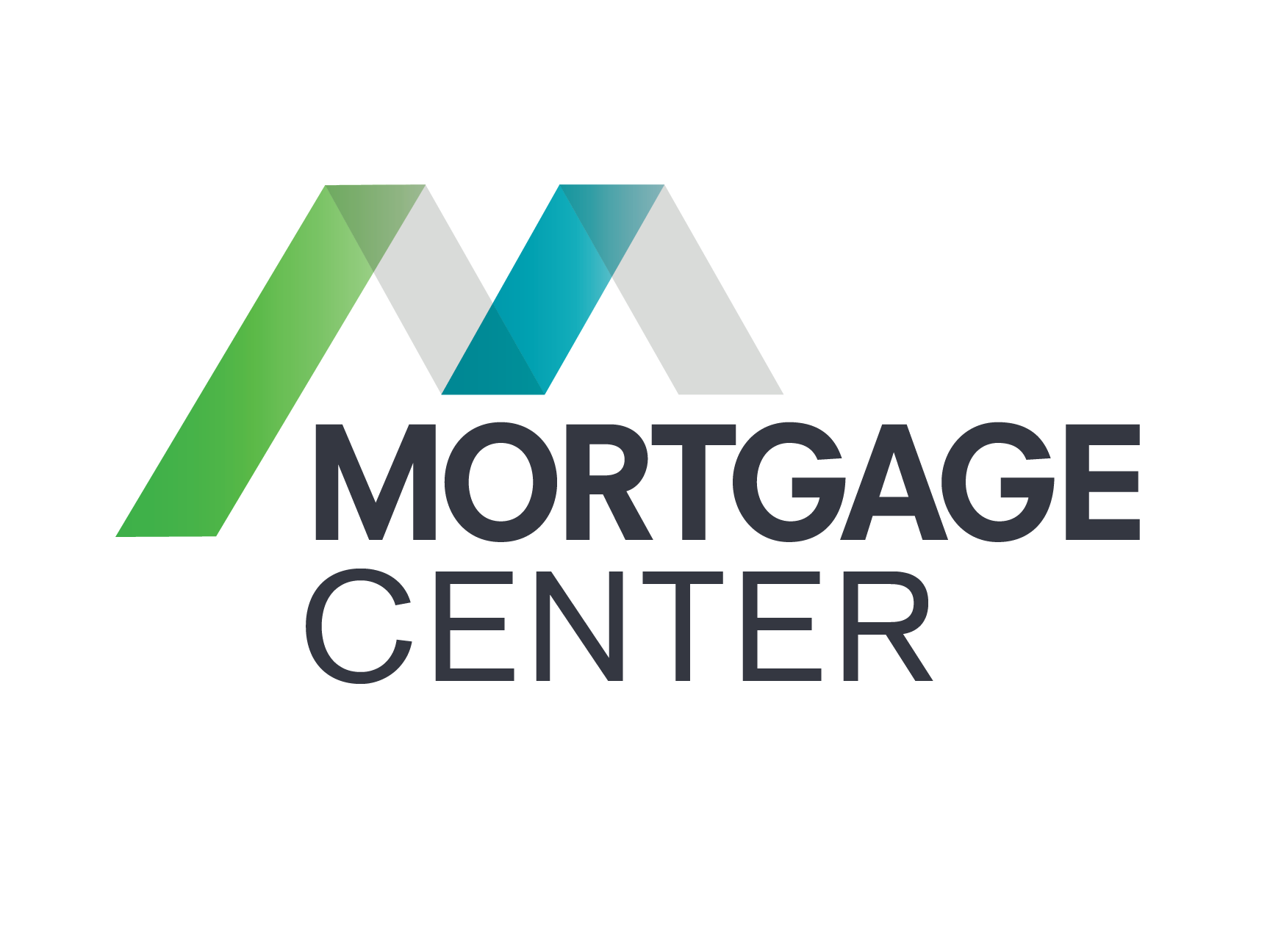Tapping Your Home's Equity With a Cash-Out Refinance: A Strategic Financial Tool for Homeowners
With mortgage interest rates still hovering well above the 3% range we were seeing just a few years ago, homeowners might not have refinancing their mortgage at the top of their mind. For those who are carrying a bit more high interest unsecured debt than they’d like to, however, a cash-out refinance might still be a good option to lower your monthly payments and give you a bit more breathing room.
A cash out refinance is a mortgage refinancing option where homeowners replace their existing mortgage with a new loan for a larger amount, with a portion of their home equity being paid out in cash once the loan has closed. Depending on the specific mortgage product, it’s possible to borrow up to 95% of your home’s current value.
This financial strategy can be a powerful tool for homeowners, especially those who have built up lots of equity in their home over the past few years. It’s important to approach refinancing your home with careful consideration of both the pros and cons, however, and a thorough understanding of its implications.
Benefits of Using Your Home Equity To Pay Down Other Debt
Lower Interest Rates: There are two kinds of debt - secured and unsecured. Secured debt is debt that is backed up by some kind of valuable collateral, whereby you agree to let the bank take back the collateral if you stop making payments. If a bank can take back the car or house from a borrower who’s defaulted, they can sell the collateral and get some of their money back
Unsecured debt isn’t backed up by collateral. When you borrow money from a bank in the form of using a credit card or taking out a personal loan, the bank is simply trusting you to pay the debt back. With there being no collateral to repossess, it’s a risker type of loan for banks to provide. Lenders compensate for this increased risk by charging more interest.
A cash-out refinance converts your unsecured high-interest debt into lower-interest debt secured by your home. While home mortgage rates have climbed recently, credit card rates haven’t just been sitting around, they’ve gone higher too. For people with a lot of unsecured debt, a cash-out refinance can make financial sense even if they’re refinancing their mortgage at a significantly higher rate than their previous one.
Lower Monthly Payments: Let’s say, for example, someone has $30,000 worth of unsecured debt in the form of credit cards and personal loans, and the total minimum payments for that debt comes out to $800 monthly. In general, paying just the minimum payment will pay off a credit card or personal loan in roughly 5 years.
If that person refinances their home, and cashes out $30,000 worth of equity in said home while doing so, that debt is now part of their monthly mortgage payment. Most people refinance their mortgage with a 15 or 30-year loan, which means paying off the debt is now spread out over 3-6 times as long, at a much lower interest rate. Stretching out the payments like this can lead to a big decrease in your monthly expenses.
Considerations and cautions
Your DTI still matters: Remember: When you pay off a debt with the cash proceeds from refinancing your mortgage, that debt isn’t really gone, it’s just been converted to mortgage debt. You can learn more about debt-to-income ratio here, but in a nutshell: If you already have a lot of debt, even lowering your monthly expenses like we mentioned earlier might not get your DTI to a low enough level to be approved for a loan. Be prepared to discuss this with your loan officer early in the refinance application process.
Refinancing doesn’t fix over-spending: If you’re spending more money than you’re bringing in, paying off your credit cards with a cash-out refinance won’t solve the root problem. Creating a monthly budget, and sticking to it, is the only long-term solution for debt created by overspending.
Home Value Fluctuations: Home values are subject to market fluctuations. If property values decline, homeowners who have recently refinanced may find themselves owing more on their mortgage than their home is worth.
Is a refinance the best solution for you to get cash from the equity in your home?
Doing a cash-out refinance on your home is just one way to access the equity you've built up, you can also do a Home Equity Loan, or a HELOC (Home equity line of credit). Each different loan product has different pros and cons, you can get more information on the difference between the various options in this article.
What specific loan product is ideal for your situation is a question that only you can answer, but here are a few steps you can take to start figuring it out:
-
Get a rough estimate of how much your home is worth, how much you still owe on your mortgage, and what your current interest rate is.
-
Total up all of your outstanding debt, and determine the existing combined monthly payments you’re making on it.
Talk with a loan expert here at Mortgage Center, and they’ll go over the options available to you and answer any other outstanding questions you may have.
Meet Kyle, Mortgage Center's digital marketing expert and self-proclaimed biggest dog lover. He brings a wealth of experience in writing helpful, accessible content and has made it his mission to help aspiring homeowners achieve their goals.
« Return to "Financial Resources & Blog"


